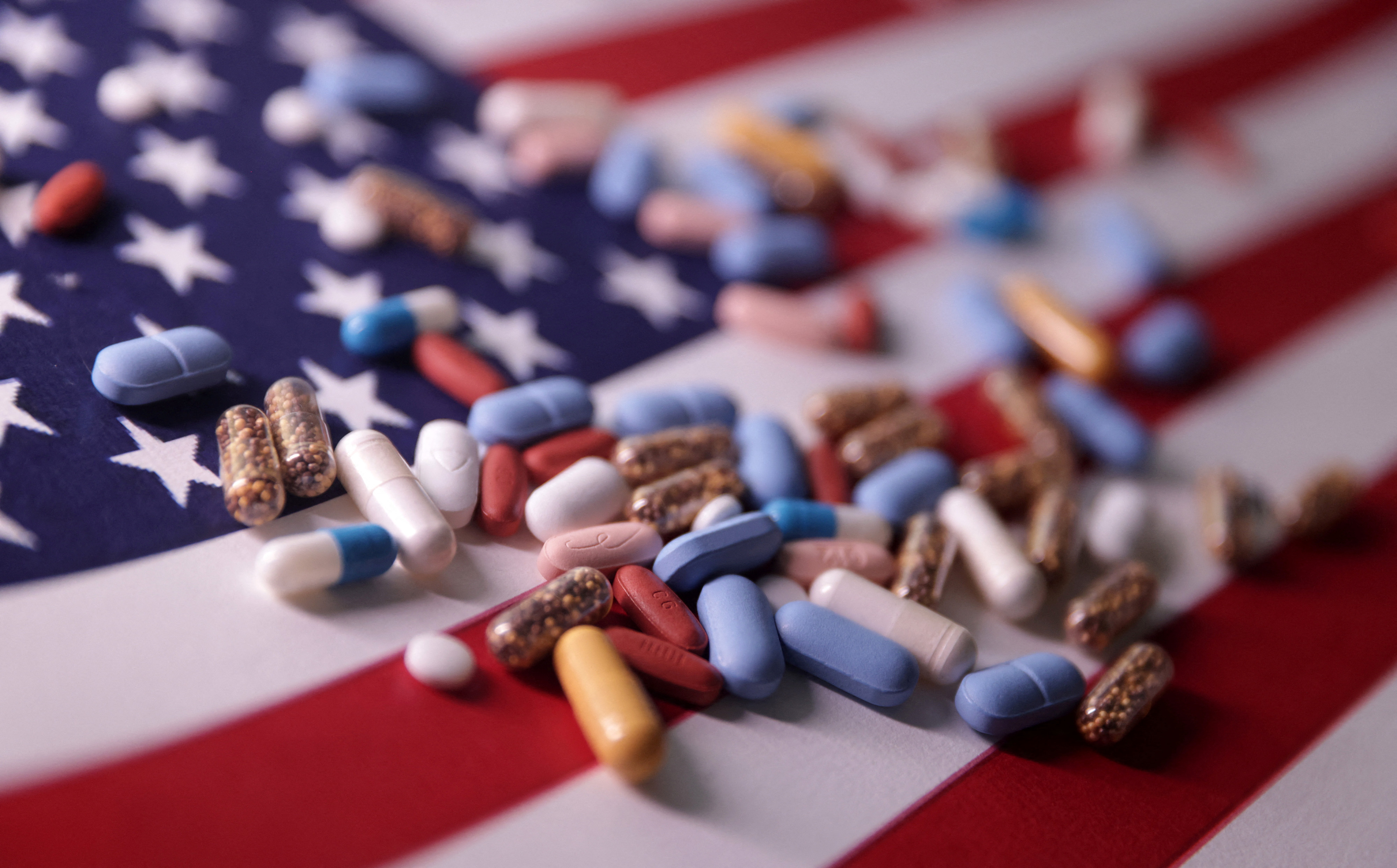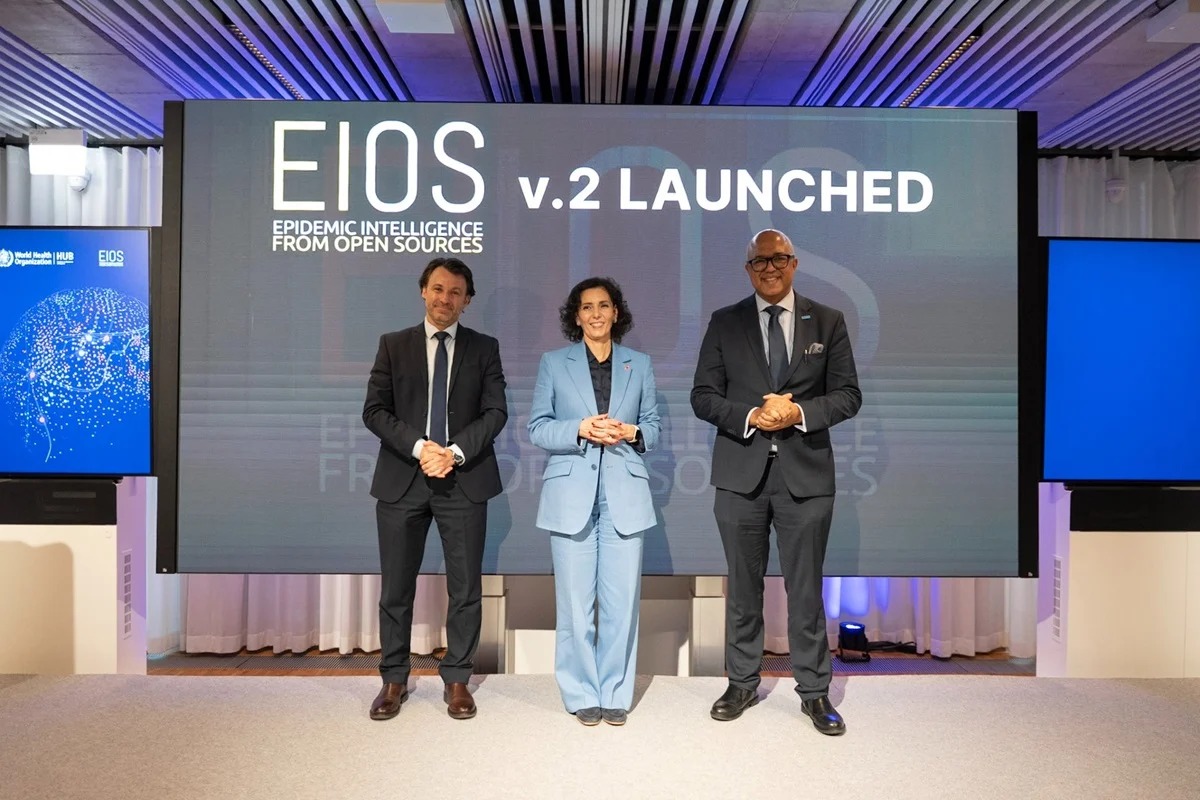In a dramatic escalation of trade tensions, former U.S. President Donald Trump has reignited his campaign to pressure pharmaceutical giants into lowering drug prices for American consumers. Among the companies caught in the crosshairs is British pharmaceutical heavyweight GSK PLC, which now finds itself navigating a complex landscape of tariffs, political demands, and global supply chain recalibrations.
On August 1st, Trump issued a sweeping executive order imposing new tariffs on imports from 68 countries, with rates ranging from 10% to a staggering 41%. While the pharmaceutical sector was spared the harshest levies, companies like GSK and AstraZeneca received direct warnings from Trump demanding price parity between U.S. and international markets3. The ultimatum: comply within 60 days or face aggressive regulatory and trade retaliation.
Market Reaction and Industry Fallout
The announcement sent shockwaves through global markets. Pharmaceutical stocks, including GSK, dipped amid investor uncertainty. Analysts noted that Trump's rhetoric—framing the pharmaceutical industry as profiteering at the expense of American patients—has created a volatile environment for drugmakers.
Russ Mould, investment director at AJ Bell, commented, “This is the market’s way of signaling discomfort with Trump essentially declaring war on the pharmaceutical industry”.
GSK’s Strategic Response: Investing in America
Rather than retreat, GSK has doubled down on its U.S. presence. CEO Emma Walmsley announced plans to inject “tens of billions of dollars” into U.S. operations over the next five years. The investment will focus on expanding domestic manufacturing, ensuring that more of GSK’s portfolio is produced within the U.S. to mitigate tariff exposure and align with Trump’s “America First” trade doctrine.
“We continue to prioritize investments so that our portfolio in the U.S. is more and more supplied from the U.S,” Walmsley stated during the company’s Q2 earnings call.
GSK currently operates five manufacturing facilities in the U.S. and recently broke ground on a sixth. The company’s strategy reflects a broader trend among global pharma firms seeking to localize production in response to geopolitical pressures.
Financial Performance: Tariffs Fail to Dent Momentum
Despite the looming trade threats, GSK reported robust second-quarter earnings. Revenue rose to £7.99 billion, with core earnings per share hitting 46.5p—both ahead of analyst expectations. Specialty medicines, including treatments for respiratory conditions, oncology, and HIV, drove double-digit growth.
Walmsley emphasized that GSK remains “well-positioned to weather any impact from looming trade tariffs,” citing mitigation strategies and a resilient pipeline.
Pipeline Reshuffles and Strategic Focus
In parallel with its tariff response, GSK announced a series of pipeline discontinuations. The company is pulling back from several mid- and early-stage vaccine programs and has terminated partnerships on antifungal and oncology assets due to disappointing clinical data. This strategic pruning is aimed at reallocating resources toward high-growth areas and reinforcing its U.S. footprint.
UK Political Response: NHS at Risk?
Back in the UK, Trump’s demands have sparked political backlash. British lawmakers warn that the tariff threats could lead to higher drug costs for the NHS, one of the world’s largest pharmaceutical buyers. Shadow Health Secretary Wes Streeting has been urged to convene an emergency taskforce to safeguard medicine supplies and pricing.
Liberal Democrat spokesperson Sarah Olney criticized the government’s response, saying, “We must stand up to Trump’s bullying tactics—now he’s threatening our health”.
Global Trade Implications
The broader implications of Trump’s tariff regime are still unfolding. While GSK and AstraZeneca appear to have dodged the harshest penalties for now, uncertainty remains. Analysts warn that even baseline tariffs could disrupt global supply chains and pricing models.
Shore Capital analysts noted, “There’s often a difference between traveling and arriving—initial fears tend to be worse than the eventual outcome. But investors will need to hold their nerve”.
Outlook: Navigating the Storm
GSK’s proactive stance—combining strategic investment, pipeline recalibration, and diplomatic engagement—positions it as a resilient player in an increasingly protectionist global market. However, the next 60 days will be critical. Trump’s deadline looms, and the pharmaceutical industry must decide whether to yield to pricing demands or brace for regulatory warfare.
As Walmsley put it, “We remain confident in our long-term outlooks,” but confidence alone may not be enough in a world where trade policy is dictated by presidential tweets and executive orders.
Sources: Moneycontrol, Business Standard:, MSN, Investment News, Yahoo News, This is Money, BioSpace, Proactive Investors








